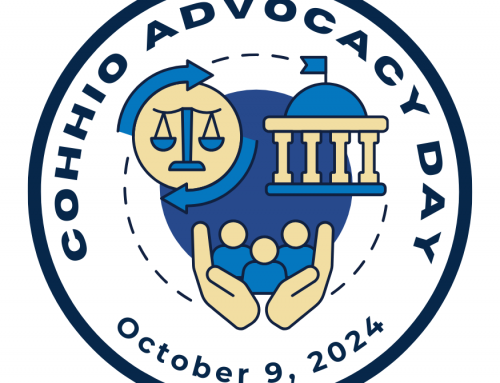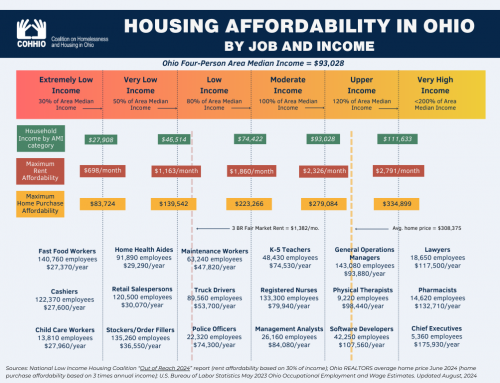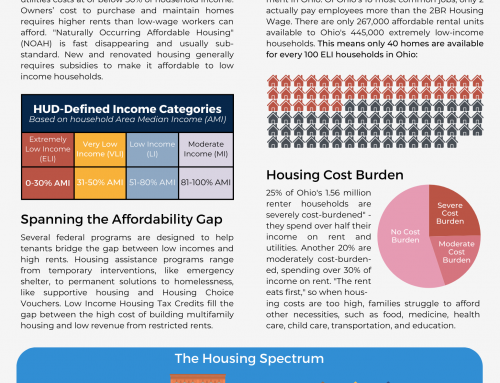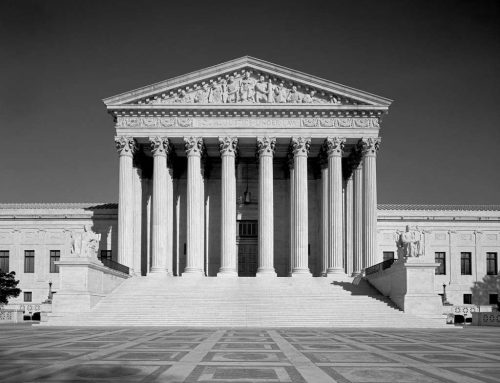“I could see houses starting to lean, windows rotting away. The solution was not to tear down the whole neighborhood and move everybody into public housing. The solution was to fix the houses.”
Before the Community Reinvestment act and even the 1968 Fair Housing Act, there was one Pittsburgh resident pushing for fair housing access for the Black community: Dorothy Mae Richardson. A resident of the Central North Side of Pittsburgh in the early 1960’s, Richardson decided she was going to change things. After helping a blind Black couple find a home and finding only deplorable slum properties, Richardson decided to formalize her advocacy and form Citizens Against Slum Housing (CASH) to ensure access to affordable, safe housing.
“It all got started because of one block club…We were sick to death of all the terrible houses, the slum landlords and the rats. We planned to clean up 24 houses. We got the landlord to agree to the plan, and he gave us the spray and stuff to kill the rats and cockroaches. We got through five houses and ran out of the stuff and he reneged on his promise…”
Through hard work and on-the-ground organizing, Richardson organized her neighborhood and put pressure on elected officials. She and her neighbors were eventually able to enlist city bankers – 16 financial institutions in total – to issue loans categorized as higher risk (a result of redlining and institutional racism) to purchase or repair housing for Black people. This program was groundbreaking, and became a model community investment strategy to lift up Black neighborhoods.
Richardson’s organizing helped keep housing as a priority of the Civil Rights Movement, and eventually, over 300 cities adopted similar community reinvestment models. In 1978 (10 years after passing the Fair Housing Act), a network of community reinvestment programs inspired by Richardson’s efforts were institutionalized into Neighborhood Reinvestment Corporations, known today as NeighborWorks America. Dorothy Mae Richardson set out to change her neighborhood, and in the process, changed the entire country.
